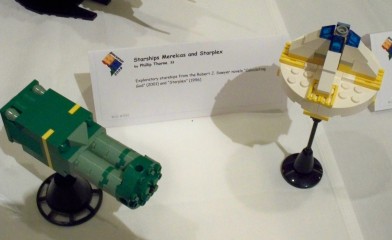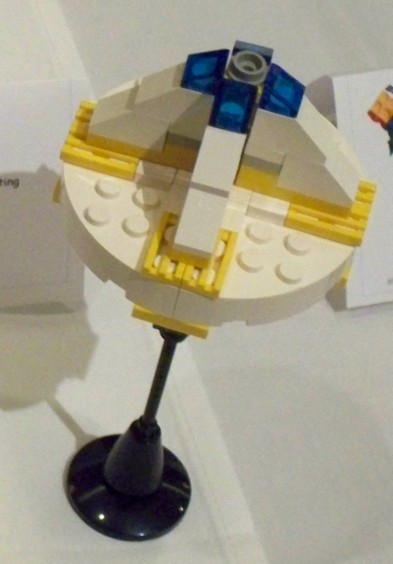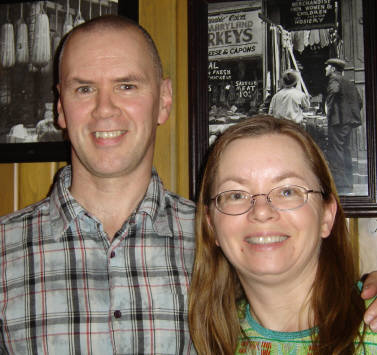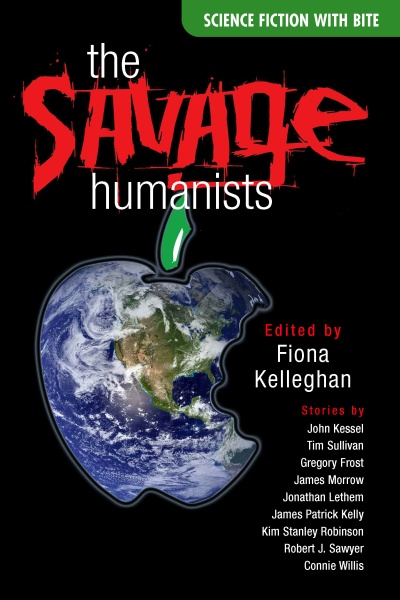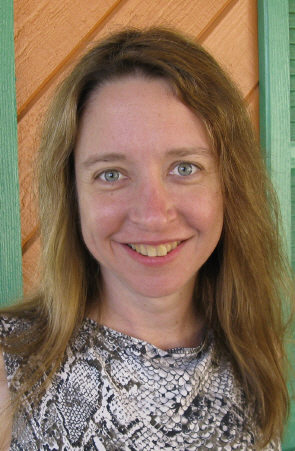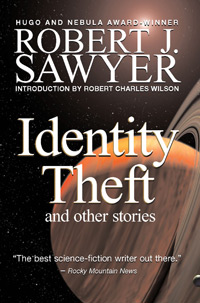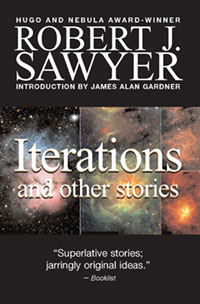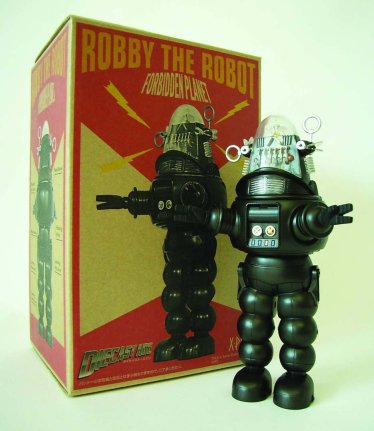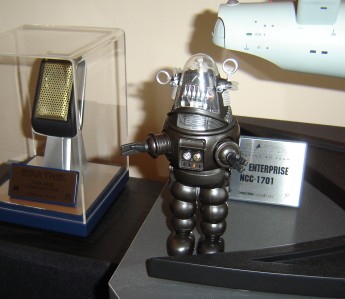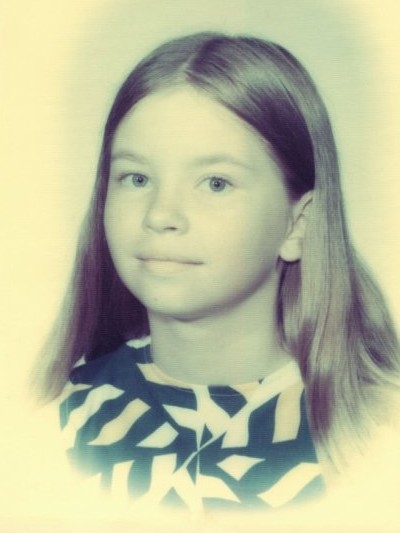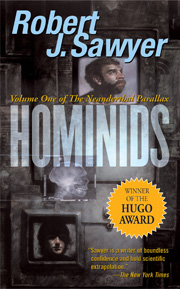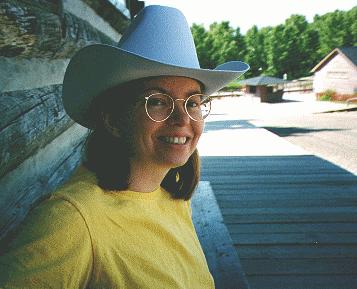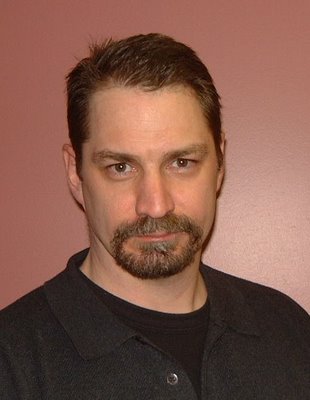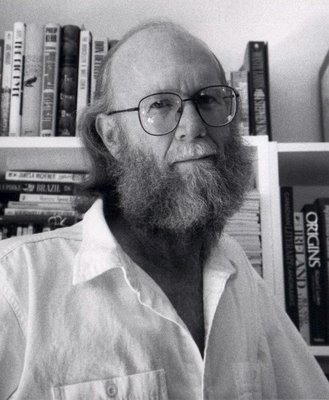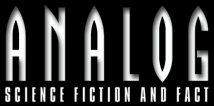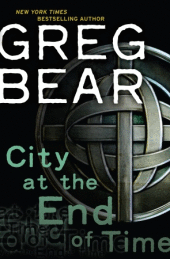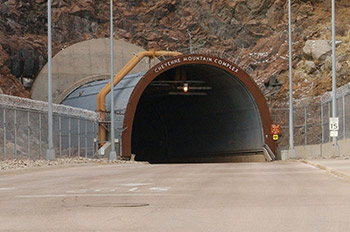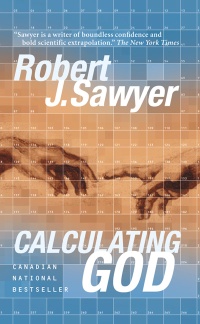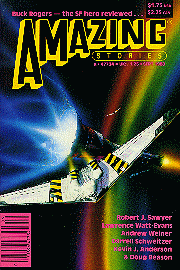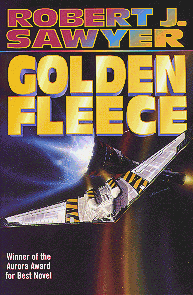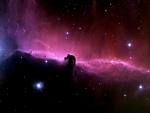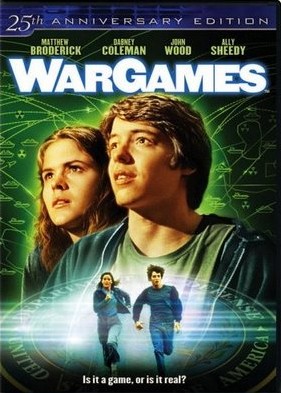Five years ago today -- on Monday, August 25, 2003 -- I sent out the following email notice to 21 very talented new writers. The workshop that grew out of this notice,
The Fledglings, is still going strong, and the members are producing some very fine work. (As an example, last year Fledgling member Stephen Kotowych won the Writers of the Future Grand Prize.) I'm very proud of this group. Here's the note from 2003 that started it all:
Hello talented writer! Robert J. Sawyer here.
I'm contacting a select group of those who came to see me while I was
writer-in-residence at the Toronto Public Library's Merril Collection of Science Fiction, Speculation and Fantasy.
Not everybody who visited me is on this list; in fact, it contains just 21 names out of the 70 people who had appointments with me. If you
are on this list, I thought you were both (a) at an advanced level in your writing, and (b) might benefit from workshopping your manuscripts.
So: I'm inviting you to come to the inaugural meeting of a new writers workshop. I will attend the first meeting only, and I'll simply come to explain workshopping etiquette and procedures. (I won't be critiquing any manuscripts myself.) After the first meeting, it's up to those who are participating to organize the workshop and run it themselves.
Arlyss Ponchuk has very kindly volunteered the Penthouse room at the co-op she lives in for the first meeting. It's a perfect location -- a couple of blocks from where the famed SF editor
Judith Merril used to live.
And, of course, it's very much in Judy's footsteps that I'm following here: she founded a similar workshop, which took the name the Cecil Street Irregulars, after her tenure in 1987 as writer-in-residence at the library that now bears her name. Many of the hottest writers in Canadian science fiction and fantasy came out of that workshop, including Bram Stoker Award-winning horror writers Edo van Belkom and David Nickle, John W. Campbell Award winner Cory Doctorow, current Sunburst Award finalist Karl Schroeder, and
Asimov's contributor Michael Skeet.
If you're interested in coming out to the first meeting of a new workshop, let me know -- and also let me know of any Saturday or Sunday dates you cannot attend in September and October. We'll try to find a date for the inaugural meeting that accommodates the largest number of people. (I can't do it on Saturday, September 6; Saturday, October 11; or Sunday, October 12, so those dates are off the list already.)
An important note: belonging to a workshop is
not a prerequisite for making progress as a writer. Many -- nay, most -- published SF/F writers broke in without ever belonging to a workshop (I have never belonged to a workshop myself). If workshopping doesn't sound like something you'd find fun or useful, don't worry about it. But if it seems like something you might enjoy and be helped by, then let me know.
Frankly, 21 people is way too many for a workshop -- eight or ten is ideal -- so if everybody wants in, we might divide into two groups (a "commercial" workshop and a "literary" one, or a science-fiction workshop and a fantasy one -- whatever works given who shows up).
For the first meeting, you'll be expected to bring copies of a manuscript to distribute to the other attendees (don't make copies yet, of course: wait until we know the exact number who will actually be attending). We should probably limit the wordcount to 5,000 words for the first round -- a short story, or a chapter of a novel. Everyone who comes to the first meeting, and wants to attend the next one, will take copies of all the other manuscripts for critiquing: you critique others, others critique you.
Are you interested? Please let me know either way!
All best wishes!
Rob
P.S.: Below is the article I wrote about my time as writer-in-residence at the Merril; it'll be in the next issue of
SOL Rising, the newsletter of the Friends of The Merril Collection.
MY RESIDENCY
by Robert J. SawyerIn April, May, and June of 2003, I was writer-in-residence at the Merril Collection. Many people have thanked me for my generosity in doing this -- so let's start by setting the record straight. It was a paying job, funded by the Toronto Public Library and the Friends of the Library's South Region. They're the heroes of this, and I am extremely grateful for their support.
My residency began with a reception for library board members and staff at the Toronto Reference Library, with refreshments provided by the Friends of the Merril Collection (thank you!). At that event, I said that being writer-in-residence at the Merril is "an honour without parallel" for an author of science fiction. And it is: to be asked to take on a role that had only ever before been held by Judith Merril herself was hugely flattering, and I was deeply moved by the opportunity. Indeed, I felt Judy's spirit hovering over me throughout my time in residence, and I tried my best to make her proud.
During my residency, patrons were allowed to each submit up to 20 manuscript pages, and I read these in depth. I then had an hour-long one-on-one session with each patron, going over his or her manuscript and answering questions.
I was delighted by the wide range of people who came to see me: absolute beginners, previously published writers, students, retired people, and more -- even the grown son of one of my high-school girlfriends! At the end of the session, each patron was asked to fill out an
anonymous evaluation form. To my delight -- and relief! -- 100% of the feedback was positive.
I'd learned a lesson from my previous stint as a writer-in-residence (in 2000, at the Richmond Hill Public Library). Back then, I went into the library for just one or two appointments several times a week, which I found discombobulated my writing schedule. At the Merril, I decided to do most of my appointments on Saturdays (assuming that most patrons would find that more convenient than coming in on weekdays), and sometimes did as many as seven appointments in a row. Rather than flagging as the day wore on, I found myself energized -- every session was a pleasure.
This scheduling let me handle my residency duties while still getting a lot of my own writing done -- which is actually part of the point: a writer-in-residence is supposed to devote 70 percent of his or her time to personal writing projects.
My contract called for me to critique sixty manuscripts, but demand was so high I agreed to do an extra ten for free -- and we still had to turn people away. That just goes to show how much need there is for this sort of service, and I hope that it won't be long before the Merril Collection gets to have another writer-in-residence. Working with Collection Head Lorna Toolis and her staff was a treat. Their constant professionalism and good humour were a joy.
When Judy Merril was writer-in-residence, sixteen years ago, she invited the most promising of the people who came to see her to form a writers' workshop. Judy came to the first meeting of that group, which dubbed itself the Cecil Street Irregulars, and is still going strong. I'll be doing the same thing in September, facilitating the inaugural meeting of a new workshop, which I hope will help produce the next generation of Canadian science fiction and fantasy writers.
It's just one more way of continuing Judy's fabulous legacy.
The Robert J. Sawyer Web Site
